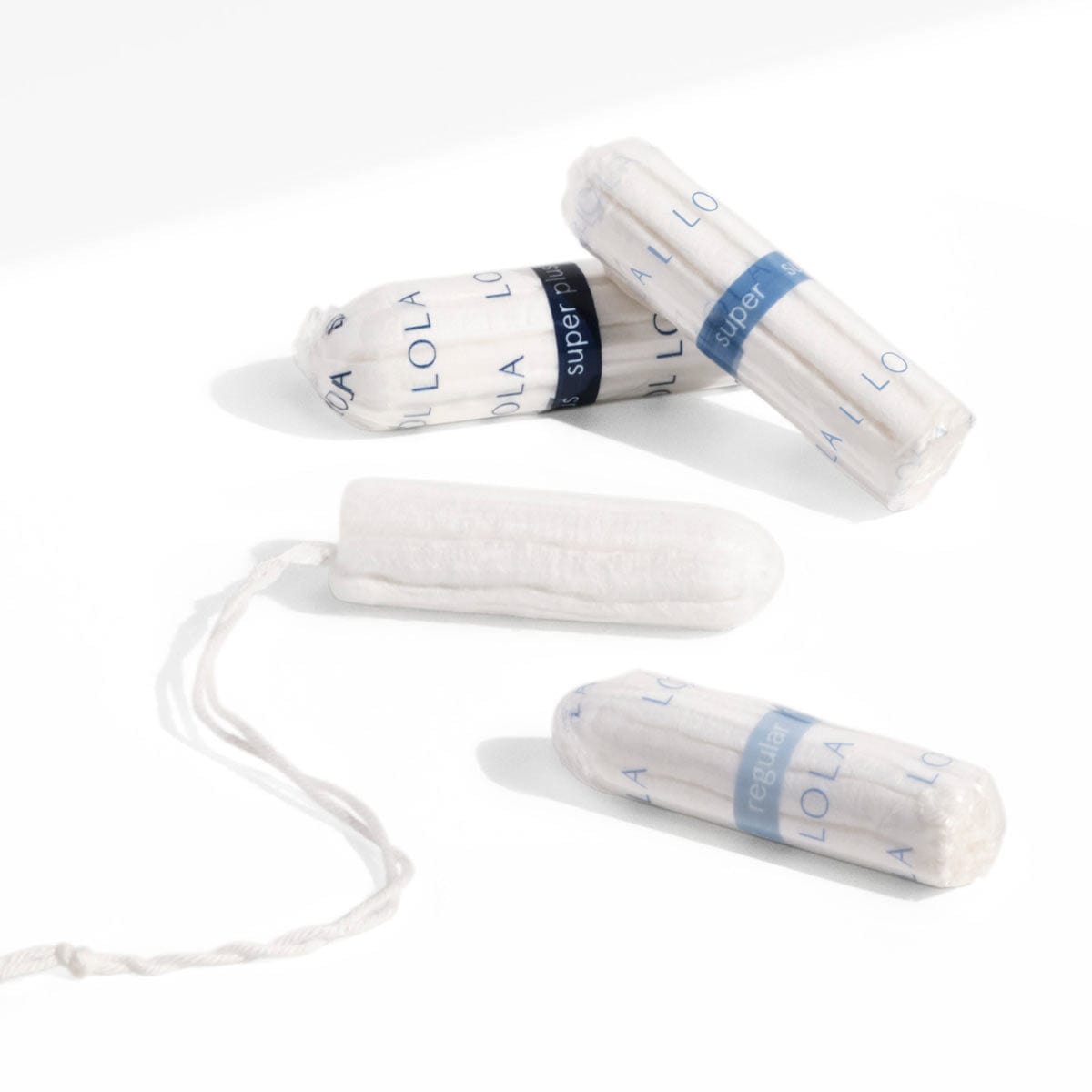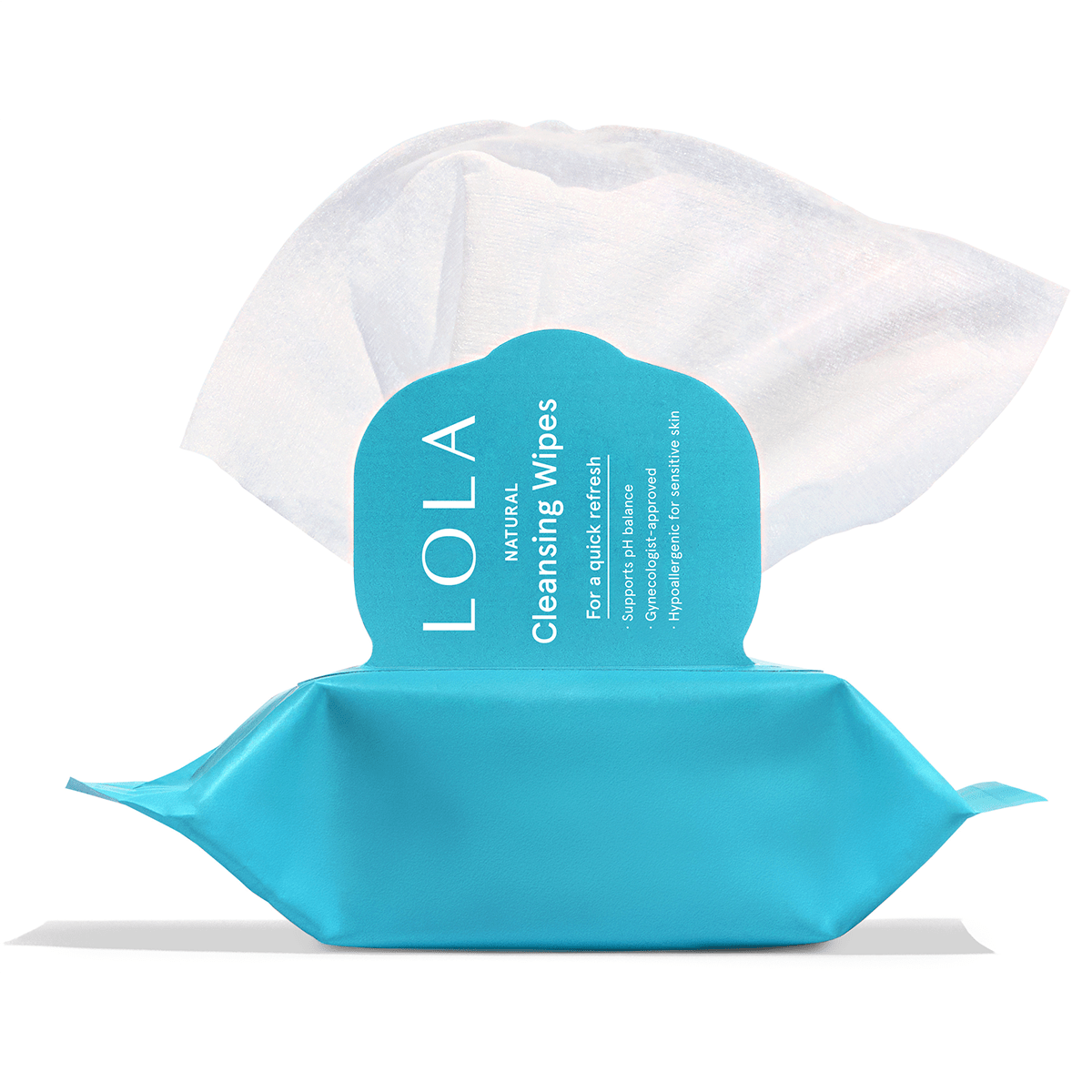For breastfeeding moms, going back to work can mean doing double duty: not only are you working to put food on the table, but you're also working to make food for your baby. Balancing your job and family life is tough enough as it is, and now you have to worry about leaking through your blouse. Unfortunately, many employers are ignorant to the unique needs of lactating new moms. But before you cry over wasted breast milk, here's how to ask for a lactation room at work.
Know your rights
Amber Smith*, a new mom and L.A.-based hairstylist, discovered through her prenatal classes that in the state of California, it's actually illegal not to have a lactation room for nursing mothers. It's also illegal to ask an employee to go to the bathroom to pump or breastfeed. And it's not just in California. Since March of 2010, the Patient Protection and Affordable Care Act has afforded women federally protected rights when it comes to where and when they can pump at work, and all covered employers must provide "a place, other than a bathroom, that is shielded from view and free from intrusion from coworkers and the public, which may be used by an employee to express breast milk" for up to one year after the child's birth.
Researching your state's labor laws is a great place to start when building a case for a lactation room in your office, since more specific provisions may vary from state to state, and you may be entitled to more protections. But no matter what, think outside the bathroom stall. As Amber points out, "You wouldn't eat in the bathroom," she says, "so why would you feed your child or make their food in the bathroom?"
Educate your employer
Brittany Jordan, an education professional in New York City, has found that simply dispelling any ignorance about lactation or the needs of lactating women can solve a lot of problems from the start. "The first thing is putting it on people's radar," she says, followed by asking if your company has ever had to deal with this before. Brittany notes that a lack of experience with breastfeeding moms can be a particular problem at startups where there's no dedicated HR resource to handle these kinds of requests. Sarah Lybrand, a writer based in New York, agrees. "Better your chances by bringing up a lactation room well before you return to work, if not weeks or months before your due date. The better prepared your employer is to fulfill their legal obligations (while hopefully impressing you with their supportive solutions!), the better for all," she says.
In the event that your employer or HR department isn't giving you the support you need, she suggests seeking the support of other other new moms in your office, and even new dads. "I would say that there are men that can be your allies, like young dads. My husband says he also talks to women at work who are pumping," says Brittany.
Have a mommy-tude
When it comes to asking your employer for anything, whether it be a raise or a lactation room, assertiveness is key. And now that you know that you have the federal government on your side, use it to embolden your newfound mommy-tude. "No one is going to get you out of a storage closet if they don't know what you're expecting or what you need. Remember, you're about to be a new mom, which means you're about to kiss shyness goodbye anyway," says Sarah. When it comes to the uncomfortable and awkward situations facing you as a parent for the rest of your life, asking for a decent place to perform a basic biological function, will most likely pale in comparison.
It's not what you say, but how you say it
While there's no right way to ask for a lactation room, the new moms I spoke with had some key words and phrases that they've found to be especially effective. Amber suggests saying something like, "I need a safe space." She emphasizes the word safe, since it insinuates the sense of vulnerability she and many women feel when they pump at work. Of course, you could just say that you feel vulnerable, too. But if your employer is emotionally tone deaf or you feel like you need to get a little creative with your semantics, Amber has found that safe is the way to phrase this.
Brittany suggests communicating the risk of "physical complications" that may arise if you don't
pump on your schedule. "For me, I basically can't go beyond five hours. When you first go back to work, it can be every two to three hours," she explains. Brittany has also found the phrase, "I won't have enough food for my baby" to be particularly convincing for more resistant employers.
Know that you're not alone
Even if you find yourself in a worst-case-scenario type of situation, with an ignorant employer and no allies amongst your coworkers, know that there are women from coast to coast dealing with the exact same thing. There are even books written about it " Brittany suggests Work. Pump. Repeat. by Jessica Shorthall. "It's really funny but kind of dark. It gives a lot of good advice."
Results may vary
For Amber, the process of asking for a lactation room was relatively easy and transparent, since she has close relationship with her boss, a woman, who has recently become pregnant as well. However, not all women are so lucky. After trying her best to work with the HR department at her co-working space, Brittany has decided that pumping at work is no longer worth the stress. However disappointing Brittany's loss may be, her efforts shouldn't be discounted. We need women like Brittany, who don't have the privilege of an understanding employer, to start a conversations about lactation with people who would otherwise remain ignorant to the issue. Even when a woman doesn't win this particular battle, if enough women raise their voices we will have a choir.





























